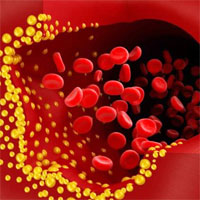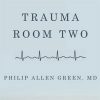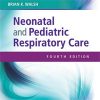Predicting Outcomes in Pediatric Trauma Patients Using rSI Multiplied by GCS
journals.lww.com
Reverse shock index multiplied by Glasgow Coma Scale outperformed SI and shock index pediatric age-adjusted (SIPA) in the early identification of traumatically injured children at risk for early interventions, such as blood transfusion within 4 hours, intubation, intracranial pressure monitoring, and intensive care unit admission.
Reverse shock index (rSI) multiplied by Glasgow Coma Scale (GCS) adds neurological status in initial patient assessment and may be used as a bedside triage tool to rapidly identify pediatric patients who will likely require early intervention and higher levels of care.
A total of 604,931 patients with a mean age of 11.1 years old were included.
A minority of patients had a penetrating injury mechanism (5.6%) and the mean Injury Severity Score was 7.6. The mean SI and rSIG scores were 0.85 and 18.6, respectively.
Reverse shock index multiplied by Glasgow Coma Scale performed better than SI and SIPA at predicting early trauma outcomes for the overall population, regardless of age.


















